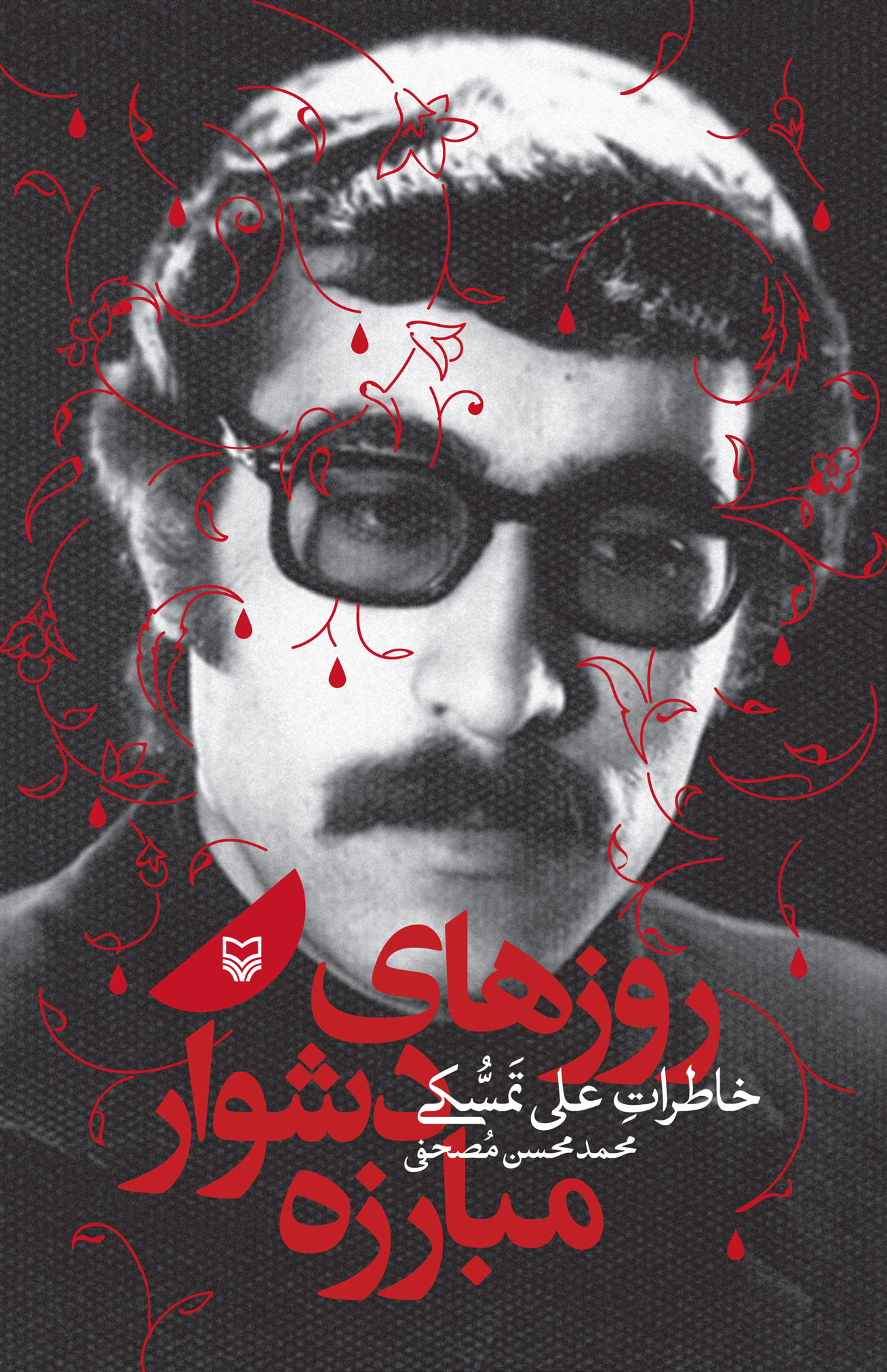
The Hard Days of Fighting

Written by: Muhammad Mohsen Moshefi
Illustrated by: -
Publisher: Soore Mehr Publishing Co.
Category: Literature
Year: 2019
336 Pages,
Dimension:21x14
ISBN:97896000306502
All rights available
Illustrated by: -
Publisher: Soore Mehr Publishing Co.
Category: Literature
Year: 2019
336 Pages,
Dimension:21x14
ISBN:97896000306502
All rights available
Book About:
This book contains the memoirs of Ali Tamasoki, an Iranian fighter during the Pahlavi era which provides a readable and tangible picture of the story of the dictatorial regime’s opponents in Iran. This book, in addition to valuable historical information and data, provides researchers with the right material to study. The memoirs of Ali Tamasoki illustrates the religious assemblies and circles and connecting networks that played an important role in shaping the young people’s thoughts at that time; while it narrates the political, religious and social conditions of those days in Iran. The narrator’s fairly extensive memoirs that describe prison conditions and torture in the Pahlavi regime, depict the quality of life and the harsh living conditions of fighters in political prisons. The remarkable point in this book is that the memoirs are compiled in such a way that the words, literature and even the narrator’s tone are represented verbatim as much as possible.
The book is set up in six sections. The first section is about the narrator’s adolescence and education in his hometown. The second section is about the teaching job, detention, the Anti-Sabotage Joint Committee and the harsh conditions of the narrator at that time. The third and fourth parts describe the events that the narrator experienced in the Shah regime’s prisons. The fifth part deals with the events that took place on the eve of the victory of the revolution and the last part deals with the narrator’s activities in the aftermath of the revolution.
Book Expert:
As a matter of fact, the Ghasr Prison was a place to keep the detainees, not to torture them. But Jianpanah was an ill-tempered and wicked person. He liked to harass the inmates due to his psychological complexes. He thought if he treated the prisoners badly, he could scare them and keep them even more under control. He did not understand that such behavior was basically futile. He used to come inside the prison divisions every day to check things out, but because he was hated, no one would talk to him. He was suffering from that situation too. But unfortunately, this was the case. He had a lot of problems in terms of personality and ethics and that weakness rendered him incapable of managing the inmates and the prison premises. Because of his incapacity, he caused conflict and tension in the prison while there was no need to clash with prison officials. They had also realized that there was no need for someone to oversee the prisoners. The internal management was always entrusted to the inmates, which in turn resulted in positive self-control.
Author About:
***
Publisher Name:Soore Mehr Publishing Co.
Address:No.23, Rasht St, Hafez Ave, Tehran, Iran
Phone:(+9821) 66477001
Email:Sooremehr.ir@gmail.com
Fax:(+9821)66477007
ManagingDirector:Abdol Hamid Gharahdaghi
Languages we correspond in: English